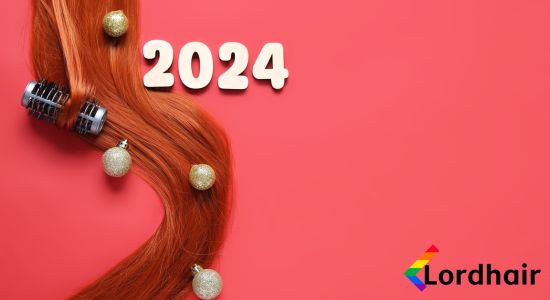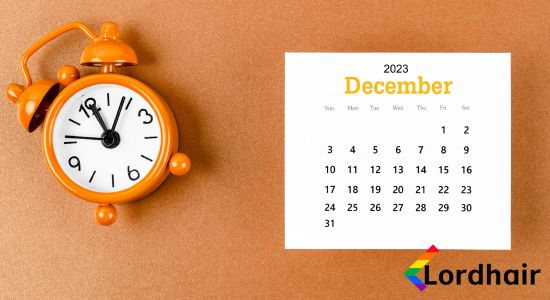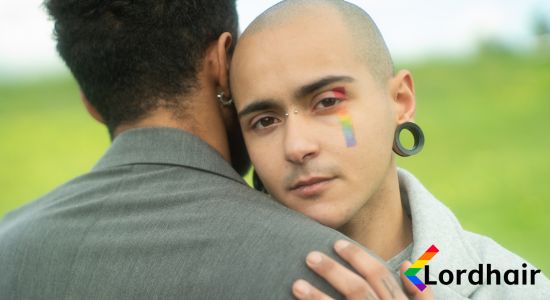Does Ageing Affect the Rate at Which I Lose Hair?
- Written by Ray Fernandez
- Apr 29, 2023
- |
- 6 min read
 Listen to the full text
Listen to the full text
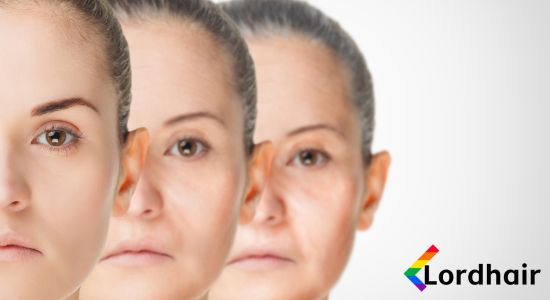
Does Ageing Affect the Rate at Which I Lose Hair?
As I looked at old photos of myself as a child, it was clear my hair had been thicker than it is now - it then occurred to me how ageing and hair loss may go hand in hand. Could it be true that we should accept ageing and hair loss to be inevitable? Perhaps ageing affects the rate at which I have lost hair.
Male-pattern baldness is a common and familiar term in my vocabulary and I began to explore a little further how this term changes with age. I've learned a lot about the different types of hair loss and how they're treated. I've also learnt lifestyle choices can help reduce or even reverse hair loss and this includes diet and exercise.
It makes sense to believe that ageing can affect hair loss since everything in the body is changing every day. But it's not just a cosmetic problem: it can also be a sign of other health issues.
Let's take a closer look at how ageing and hair loss are connected.
Why Do We Lose Our Hair as We Age?
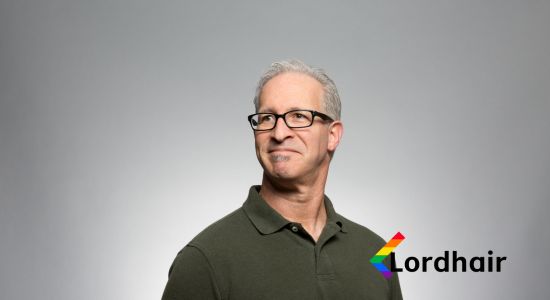
As we age, our hair naturally changes colour and texture, and it has a shortened life cycle, with shorter, finer hair falling out. Hair loss can be the result of heredity, hormonal changes, medical conditions, or a normal part of ageing. In men, a type of baldness related to the normal function of the male hormone testosterone is the all too familiar term - male-pattern baldness. I personally experience hair loss at the temples, crown and top of the head. Women can also develop a similar type of baldness as they age, called female-pattern baldness. However, hair loss is not just a result of ageing. Chronic stress can also lead to hair loss by causing hair follicle stem cells to remain dormant, leading to hair shedding and preventing new hair growth.
There are many causes of hair loss (also known as alopecia), including genetics and stress; however, age is one factor that can accelerate the process as we get older. The majority of people start losing their hair at some point in their lives; by the time they reach 60 years old, they will have developed some degree of patterned baldness on top or around their forehead.
Are There Any Other Factors That Cause Hair Loss?
So, we know hair loss can be caused by many things, including age, diet and genetics. Stress can also be an important factor in causing hair loss. Stress can affect your hormones which control how fast you grow new hair or shed old hairs in the scalp area (called telogen effluvium). Regardless of age, medication such as chemotherapy drugs used to treat cancer may also cause temporary or permanent hair loss in some people who take them. Diet and lifestyle choices may also play a role in how fast you lose your hair.
The speed at which you lose your hair may increase as you get older, but don't worry - you'll still have plenty left by the time you reach 60 - it just may not be in the area you want them to be.
It may be harder for treatments such as Rogaine (minoxidil) or Propecia (finasteride) to work effectively because they need new healthy cells for their effects on growth-stimulating hormones like DHT (dihydrotestosterone).
How Can We Treat Hair Loss as We Age?
There are treatments for male pattern baldness. The most effective treatments are hair transplants and hair loss medication, but both options can be expensive and painful. The question is as we get older do we want to bother with having medication or surgeries to replace hair that we have naturally lost?
The best way to treat your hair loss is a combination of both therapies: If you want to avoid surgery and the costs associated with it, then taking a pill daily will help slow down your rate of scalp shedding while also stimulating new growth in areas where your follicles are still healthy. This means that if you start taking Propecia (finasteride) when you're 20 years old and keep using it consistently until age 65, you'll likely maintain some amount of coverage throughout life without having any need for any surgical procedures at all.
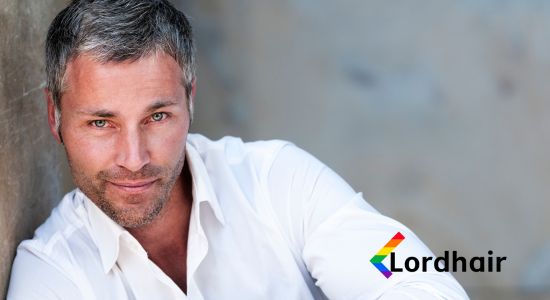
Greying of hair is another common change, it occurs due to the follicles producing less melanin as we age. The greying process often begins in the 30s, and the hair colour becomes lighter, eventually turning white. Additionally, the length of the hair growth cycle gets shorter, the diameter of the hair follicles gets smaller, and the scalp can become drier, which can influence the look and feel of our hair.
The role of melanin and gray hair
How Can We Deal with Ageing and Hair Loss?
Yes, accepting the possibility of hair loss at an earlier age and growing with that thought can help individuals prepare themselves for the eventuality. By being aware of the potential changes that ageing can bring, individuals can take proactive steps to prevent or slow down hair loss. I, myself, turned to hair systems and that's been the best solution for me. As I age, I will no doubt grey, but at least I know that there are still grey hair options when it comes to hair systems.
Ray is a guest contributor to our blogs with an extensive background in PR. Ray loves to discuss his own hair system journey by offering insights into wearing and styling a hair system as well as providing observations on the role of hair in sexual and gender identity from an LGBTQ+ perspective. Be sure to check out more of Ray’s Diversity content.
